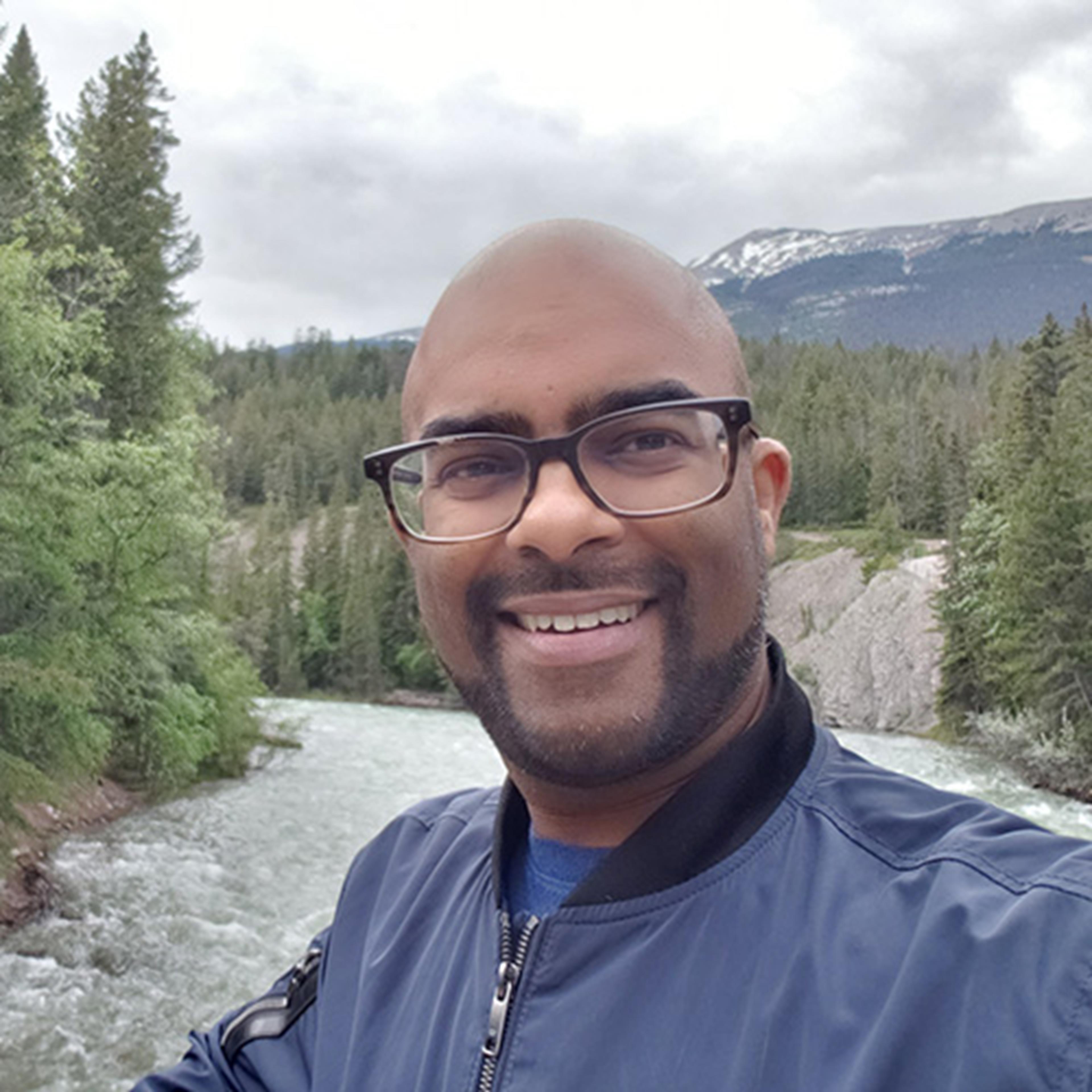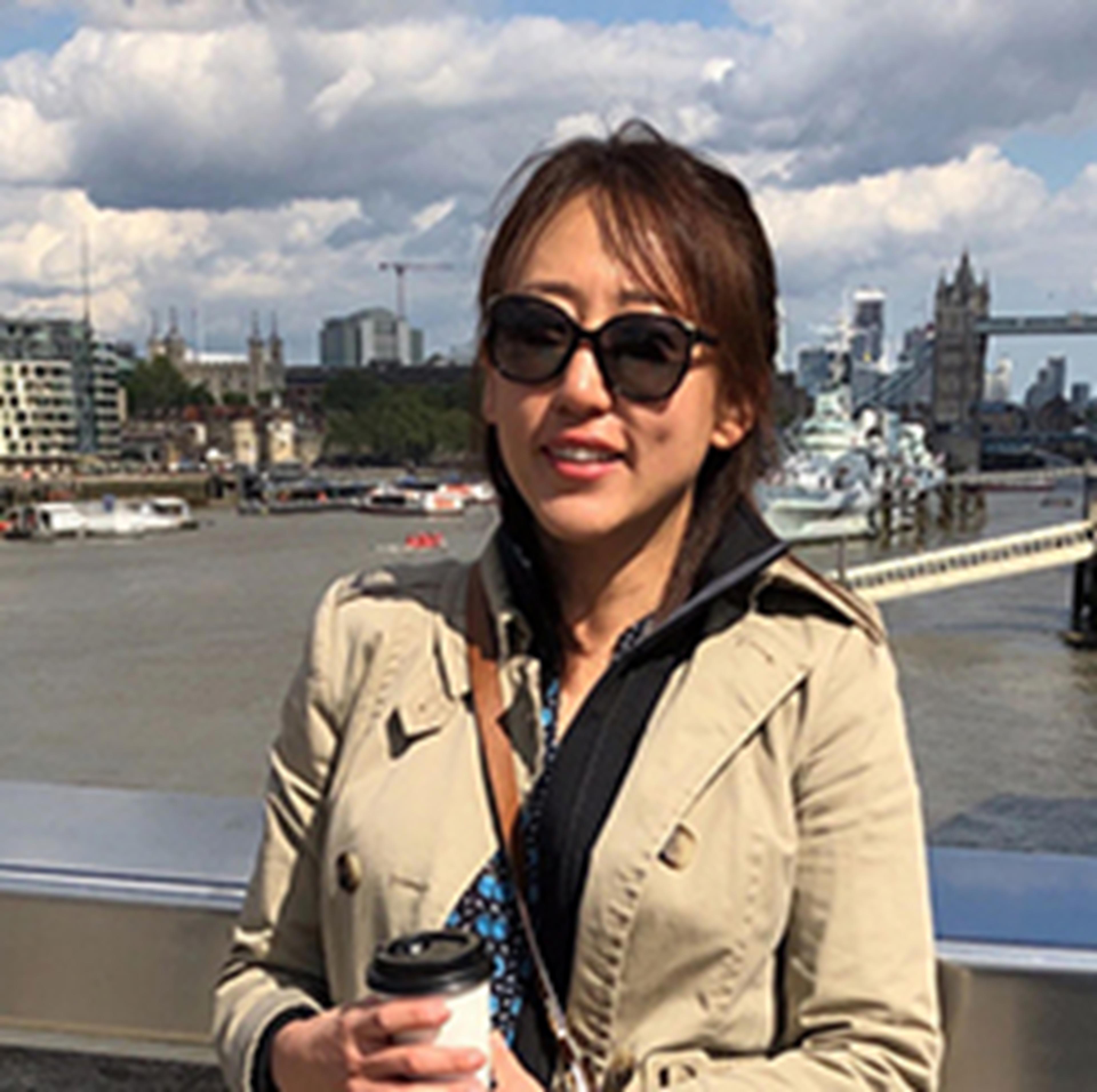CPA Encourages Aboriginal Business Success
CPA Spotlights
Our CPAs are driving progress for what matters. They are business leaders, innovators, strategic thinkers and essential drivers of change. Internationally recognized and respected, they are redefining the limits of the profession through ingenuity, ambition and hard work. Here are their stories.
Read more CPA stories
CPA Drives Expansion to Meet Environmental Challenges
Turning Ideas Into Reality
Celebrating 100,000 CPA Ontario Members
Pushing Boundaries in Neuromedicine
Creating Value and Trust with DEI
7 Questions with a Climate Accountant
Nurturing the Future of Healthcare
True Inclusivity Goes Beyond Good Intentions
Bringing ID&E Into the Board Room
Allyship Is a Verb, Not a Noun
Discovering an Intersecting Identity
Change Agent CPA
Paving the Way for Future Accountants
From the Big Four to the Big Leagues
Being Vulnerable and Genuine in Business
Levelling the Playing Field
Finding Your Voice
From Student to Educator
Accounting for the Future: Landing Your Dream Job
Embracing Change Over the Status Quo
Tending to Her Goals
Ice Cream CEO
A CPA Multipotentialite
Breaking Accounting Cliches
The Start-up Mindset
Working in Community
The Left Field Accountant
Working Together in Uncertain Times






























